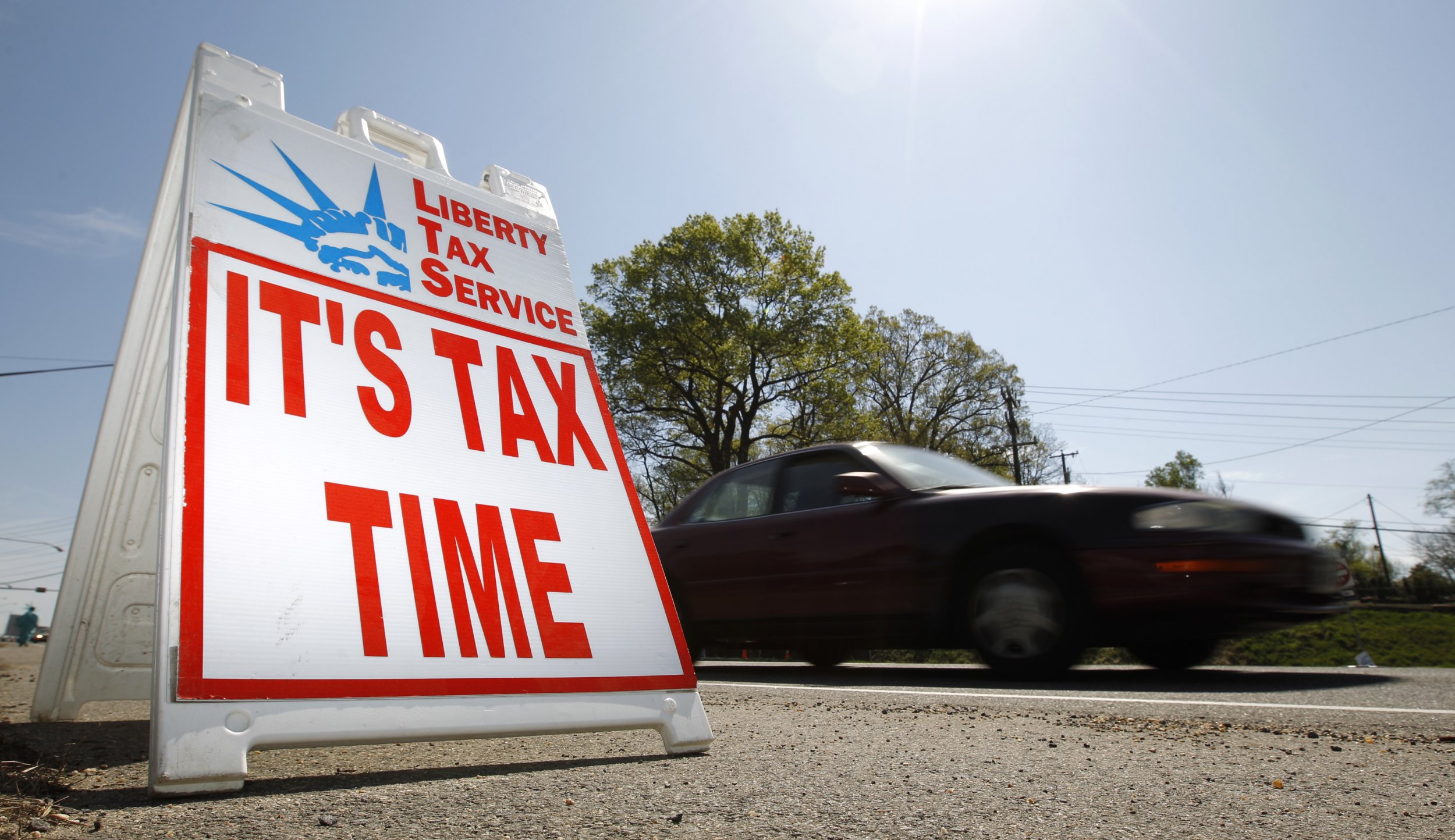
This article originally appeared on The Motley Fool.
With Tax Day just around the corner, filers are susceptible to a variety of fraudsters. A sampling of common tax scams include:
1. Phishing schemes
Phishing schemes typically involve an email you receive that appears to be from a bank, credit card provider, or other company that you do business with. Be on your guard, as it may be from a scammer. These emails often look all too real, and they ask you to go to some website and update your personal information. The scammers will then use that information—whether it's your Social Security number, your online passwords, or your bank account information—to defraud you. Be especially wary of any email that claims to be from the IRS, as the agency typically communicates with taxpayers by mail. Never provide your personal information unless you are absolutely sure who you're dealing with.
2. Phone scams
A variation on phishing schemes, these scams involve a phone call that you receive from someone posing as an IRS agent. They may be aggressive or threatening, demanding that you pay some fictitious tax bill by sending cash, making a wire transfer, or providing a credit card number. They will try to intimidate you, threatening you with arrest, deportation, or the loss of your driver's license. The IRS almost always communicates with taxpayers by mail, and it will never, ever ask for payment over the phone. If you receive one of these calls, hang up.
3. Identity theft
Identity theft involves an unauthorized person using your information for their own financial gain. Around tax filing season, crooks will try to obtain your Social Security number and other information using some other scam or hack. They will then file a phony tax return in your name in order to steal your refund. The IRS has partnered with state tax agencies and those in the tax preparation industry to enact safeguards to prevent this fraud. There are signs of progress, as the number of complaints involving stolen identities on tax returns fell by 50 percent compared to the prior year. Guarding your Social Security number from unauthorized use is the most effective prevention. The IRS provides these recommendations to protect your personal data: "Don't routinely carry a Social Security card, and make sure tax records are secure. Treat personal information like cash; don't leave it lying around."
4. Return preparer fraud
This is the tax preparer equivalent of offering to sell you a discounted Rolex in an alley. The majority of CPAs and other tax preparers are honest, hard-working folks just trying to make a living. However, there are perpetrators out there who hang out a phony shingle every tax season to prey on unsuspecting tax filers. Additionally, there those tax preparers who mean well but aren't qualified.
There are a few ways to protect yourself. Always ask the preparer if they have an IRS Preparer Tax Identification Number (PTIN), which they are required to obtain from the IRS. You can also check their credentials using the IRS Directory of Federal Tax Return Preparers with Credentials and Select Qualifications. Be sure to ask to e-file and never sign a blank return—this is the tax return equivalent of signing a blank check. Once your signature is on the document, a dishonest preparer could divert your refund to their own account, and you'd never know. Review your return thoroughly, ask questions about anything that is unclear, and be sure to sign it when you are done.
5. Fake charities
Americans love to support worthy causes they believe in. The problem is that some aren't so worthy. There are fake charities out there that prey on human kindness by taking in donations but never doing a bit of charitable work. They sometimes have names remarkably similar to those of real charities, and they frequently set up shop immediately after natural disasters and solicit donations from unsuspecting people who are trying to help. They may also call you or show up at your front door. You wouldn't hand your wallet to a stranger on the street, so never make donations in person or over the phone to someone you don't know. Don't give your credit card number or bank information unless you initiate the call, and never give out passwords. Reputable charities can be confirmed by using the IRS Select Check search tool of tax-exempt charities.
Uncommon Knowledge
Newsweek is committed to challenging conventional wisdom and finding connections in the search for common ground.
Newsweek is committed to challenging conventional wisdom and finding connections in the search for common ground.
About the writer
To read how Newsweek uses AI as a newsroom tool, Click here.








